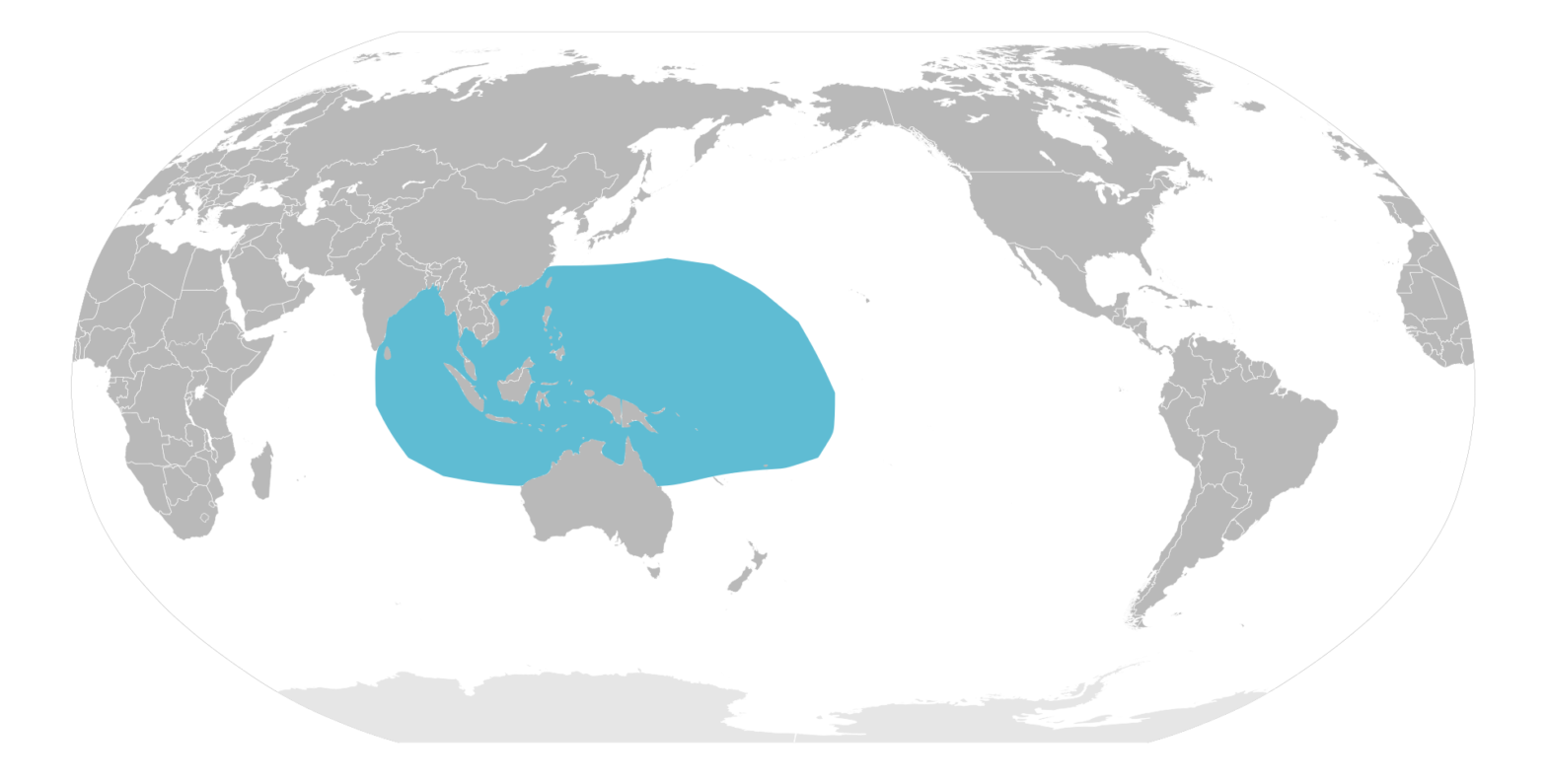The Indo-Pacific region has been one of the hottest topics in international relations recently. While the focus has been on the Indo-Pacific Four (the US, Australia, Japan and India), people start to explore perspectives from other players in the region. This week, I introduce three recently published readings that provide some alternative views on the Indo-Pacific.
N.B.: The content of this article is mostly for undergraduate students. I do not intend to add something new in the scholarly discussion of this topic.
Article: The Evolving Indo-Pacific Region: An Introduction to External Perspectives on Africa’s Role and Position
Although people usually include Eastern Africa in their definition of the Indo-Pacific, the discussion regarding the role of Africa is limited. The authors argue that is because the geopolitical concept is openly defined. Countries tend to only focus on what they are most concerned of. In most cases, the focus of the Indo-Pacific has been in East Asia – China, Japan, South China Sea, and possibly East Asia. Therefore, the western Indo-Pacific and African littoral states remained unevenly accounted for.
The authors first review the literature of the Indo-Pacific, including fundamental scholars, like Buzan and Medcalf, who has been promoting the concept. They suggest that the conceptualisation of the Indo-Pacific has been ‘the politics of geography’. States take into account of who they share similar identity with and who they would like exclude. Since African countries shares little common interests and identities with countries in the Asia-Pacific, they are being omitted.
This argument of the Indo-Pacific being a politicised concept is not new. The authors have not made significant contributions to the literature. Rather, they have raised a question that opens up for the special issue: ‘to what extent Africa will exercise ‘actorness’ in deciding to what length, and with what objective, it belongs to the evolving Indo-Pacific?’ Surely, the answer depends on the context. The special volume include three perspectives: India, the EU and China. While it is difficult to introduce them in detail, I suggest students may read them in their own time.
Policy paper: Strategy: For a Free, Peaceful, and Prosperous Indo-Pacific Region
The Republic of Korea, or South Korea, released her first strategy on the Indo-Pacific in December 2022. It joined countries like the US, UK, Canada, France, Japan and Mongolia, that officially had an Indo-Pacific strategy. As a middle power in East Asia, South Korea’s Indo-Pacific strategy is indeed worth noting.
The major spotlight, unsurprisingly, has been how South Korea manages the Sino-American competition in the region. Presumably, South Korea’s adoption of an Indo-Pacific strategy would mean that it shares a similar geopolitical concept with the US and its allies. This includes Australia and Japan. However, the government in Seoul has left room for cooperation with China. It states, ‘With China, a key partner for achieving prosperity and peace in the Indo-Pacific region, we will nurture a sounder and more mature relationship as we pursue shared interests based on mutual respect and reciprocity, guided by international norms and rules’. This is a clear message that, while South Korea abides with international norms, it is willing to cooperate with China instead of antagonise it.
There are few other ideas that are worth mentioning. Because of historical context, the policy paper discusses deeply in regards to the challenges of the nuclear threat from North Korea. Also, it also discusses about implication of the Ukraine war, a war that does not located in the Indo-Pacific. Here, South Korea suggests the importance of the rule of law as a regional effort to achieve peace and prosperity.
As a person who is unfamiliar with South Korea’s international politics, I find this policy paper may be useful to Australia when formulating its own Indo-Pacific strategy. Both countries are middle powers and US security allies in the region. Therefore, South Korea’s perspectives on US-China relations, economic opportunity, human rights, the rule of law, might share some commonalities with Australia. However, Australia might want to consider the South Korea’s the lack of commitment of some contentious issues in the paper. For example, issues like the East and South China Seas territorial disputes. Overall, the newest South Korea’s Indo-Pacific Strategy has reflected the strategic view of a middle power in the region.
Article: International order transition and US-China strategic competition in the Indo-Pacific
Professor Kai He and Huiyun Feng from Griffith University have had a research project on liberal international order and strategic competition in the Indo-Pacific in the last few years. I believe this article is a conclusion of the project. This article is part of the Special issue in The Pacific Review. It asks an important question: will the liberal world order shift due to great power competition? The authors revisit the arguments from three fundamental international relations theories: realism, liberalism and constructivism. They examine how these theories views on the three pillars of international orders: power, institutions, and norms in the Indo-Pacific region.
The authors argue that, the current liberal international order is strengthening its sustainability and resilience, rather than weakening. Indeed, the rising power, namely, China has challenged a lot of norms in the existing order. However, the power distribution and institutions remain fairly stable. In fact, the PRC has been quite involved in the institutional building.
He and Feng’s finding is much aligned with other liberalists, like Ikenberry. However, because of how the research question is framed, the study only questions about the existing order. Bear in mind that, despite the existing international order remains stable, it does not mean that a multilateral structure will become more preferable by countries. In fact, the global order is much complicated nowadays. The US is no longer the sole superpower that dominates all kind of affairs.
Overall, this article would be useful for undergraduate students to learn how to apply international relations theories in the discussion of the Indo-Pacific region.

